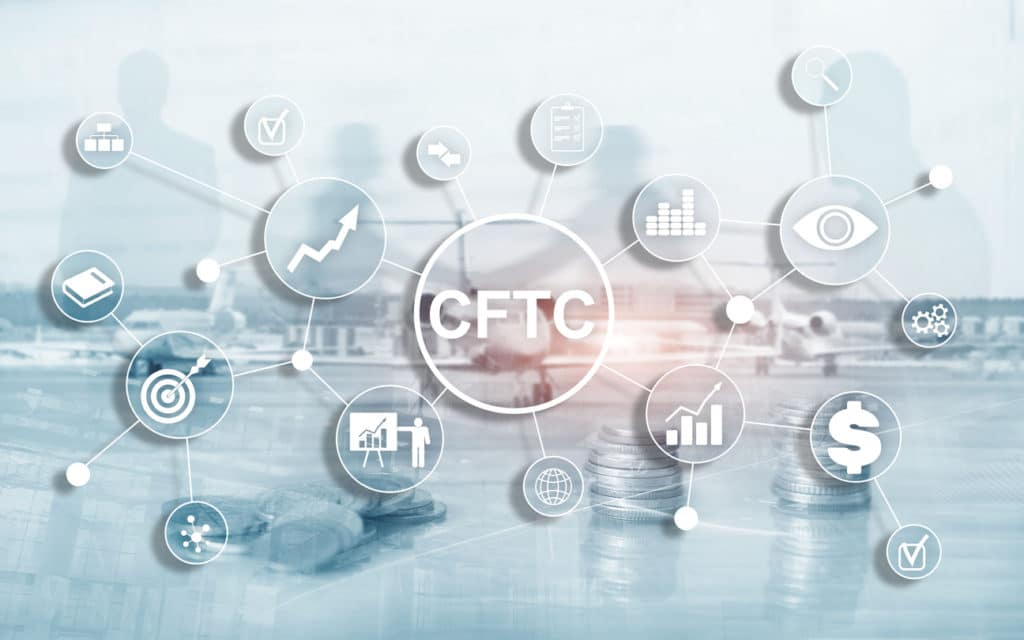On May 27, the U.S. Commodity Futures Trading Commission (CFTC) announced four separate whistleblower awards issued over the previous month. The CFTC has had to delay the issuance of some awards over the past several months due to a financial crisis at the whistleblower program. A bill to save the agency’s whistleblower program from collapse unanimously passed in the U.S. Senate and now awaits action by the U.S. House of Representatives.
Each of the awarded whistleblowers voluntarily provided the CFTC with original information that contributed to a successful enforcement action. Through the CFTC Whistleblower Program, qualified whistleblowers are entitled to an award of 10-30% of the funds collected by the government in the covered action.
As part of the program’s confidentiality protections, the CFTC does not reveal any identifying information about whistleblowers, including the size of the award and the case for which it was issued. The CFTC additionally offers protections to individuals who are retaliated against for blowing the whistle.
The limited details shared in the award orders highlight the multiple channels through which an individual can make a disclosure and be eligible for a CFTC Whistleblower Award. At the same time, however, the awards underscore the need for whistleblowers to follow specific protocols in order to retain award eligibility.
One of the awarded whistleblowers made a disclosure directly to the CFTC. The whistleblower’s information led the CFTC to then open an investigation into the alleged misconduct. The whistleblower additionally provided further assistance to the CFTC in the course of the investigation, including by providing further documentation and offering explanations of their contents to CFTC staff.
The other awarded whistleblowers all originally made their disclosures to entities other than the CFTC. In one case, the whistleblower filed an official whistleblower disclosure through the U.S. Securities and Exchange Commission (SEC) Whistleblower Program. The SEC shortly thereafter referred the disclosure to the CFTC which subsequently opened an investigation. This whistleblower also provided the CFTC with ongoing assistance during the investigation.
According to the award order, the third whistleblower likewise originally made their disclosure to “another regulator” which “forwarded to the [CFTC] [the whistleblower’s] information and documents.” Similarly, the fourth whistleblower “voluntarily provided original information to a self-regulatory organization, which later provided the [CFTC] with the same information in a written referral.”
While each of these awarded whistleblowers originally made their disclosure through a different channel, it is important to note that all of them eventually filed Form TCR disclosures with the CFTC. Filing a Form TCR is an essential element in ensuring full award eligibility.
Since issuing its first award in 2014, the CFTC Whistleblower Program has awarded approximately $123 million to whistleblowers. In April, the CFTC announced that it has recovered over $1 billion in sanctions in cases for which it issued a whistleblower award.
In the 2020 fiscal year, the CFTC Whistleblower Program received a record number of whistleblower disclosures and whistleblower award claims. Furthermore, the CFTC granted 16 whistleblower awards totaling $20 million during that year.
The recent growth and success of the whistleblower program have landed the program in a financial crisis. The CFTC’s Consumer Protection Fund, the exclusive fund used to pay CFTC whistleblower awards, is so depleted that CFTC officials informed Senator Chuck Grassley (R-IA) that the agency is postponing the issuance of some rewards. According to recent reporting, the CFTC is in the process of determining a potential $100 million-plus whistleblower award which could potentially collapse the program.
On May 28, the U.S. Senate unanimously passed legislation to save the CFTC Whistleblower Program from financial collapse. The Senate passed an amended version of Senator Grassley’s CFTC Fund Management Act. The Act creates an account separate from the Consumer Protection Fund in order to finance the operations of the CFTC Whistleblower Office. This ensures that the program can continue to function even when the Consumer Protection Fund is depleted.
The bill must now pass through the U.S. House of Representatives in order to become law. Whistleblower advocates are urging the House to prioritize the passage of the bill in order to save the CFTC Whistleblower Program.
“We hope and expect that the House will quickly pass this bi-partisan emergency legislation. Whistleblowers are the key to detecting fraud in the multi-trillion dollar commodities markets, and the CFTC Whistleblower Office is at the center of these enforcement efforts,” said Siri Nelson, the Executive Director of the National Whistleblower Center.
Read:
The CFTC’s Whistleblower Award Orders
Senate Unanimously Passes Bill to Save CFTC Whistleblower Program from Financial Collapse
